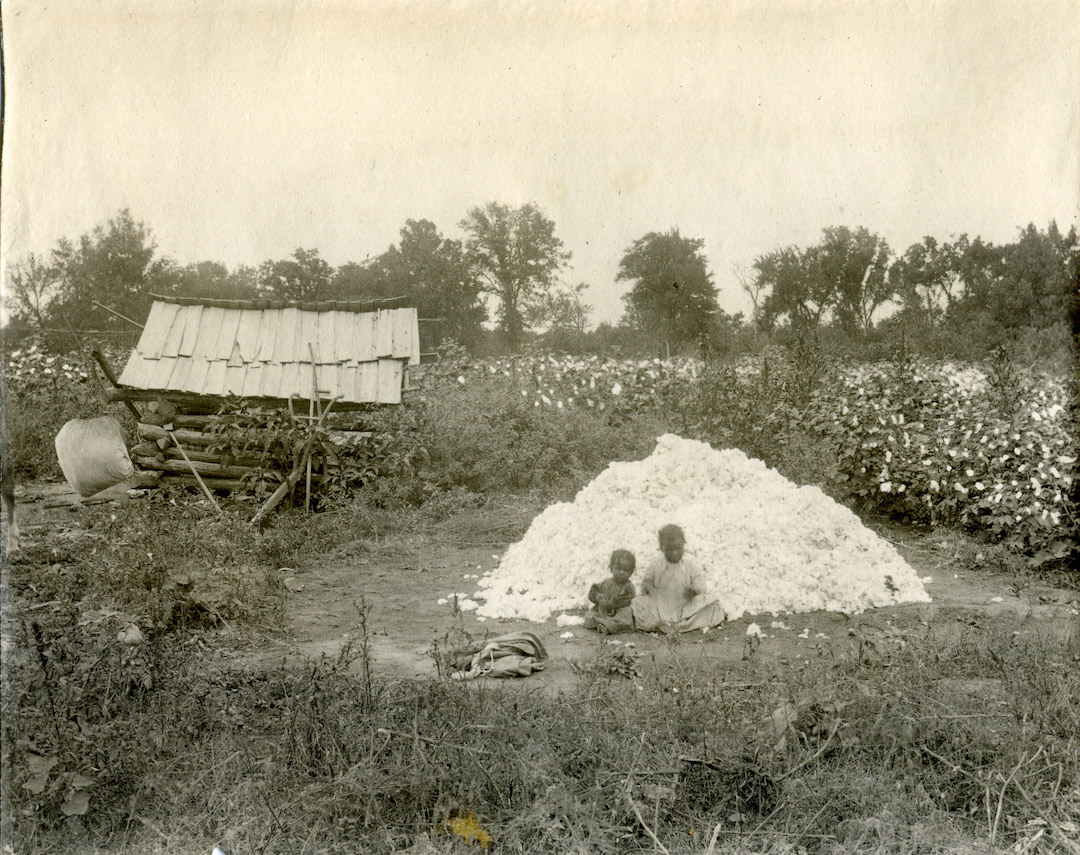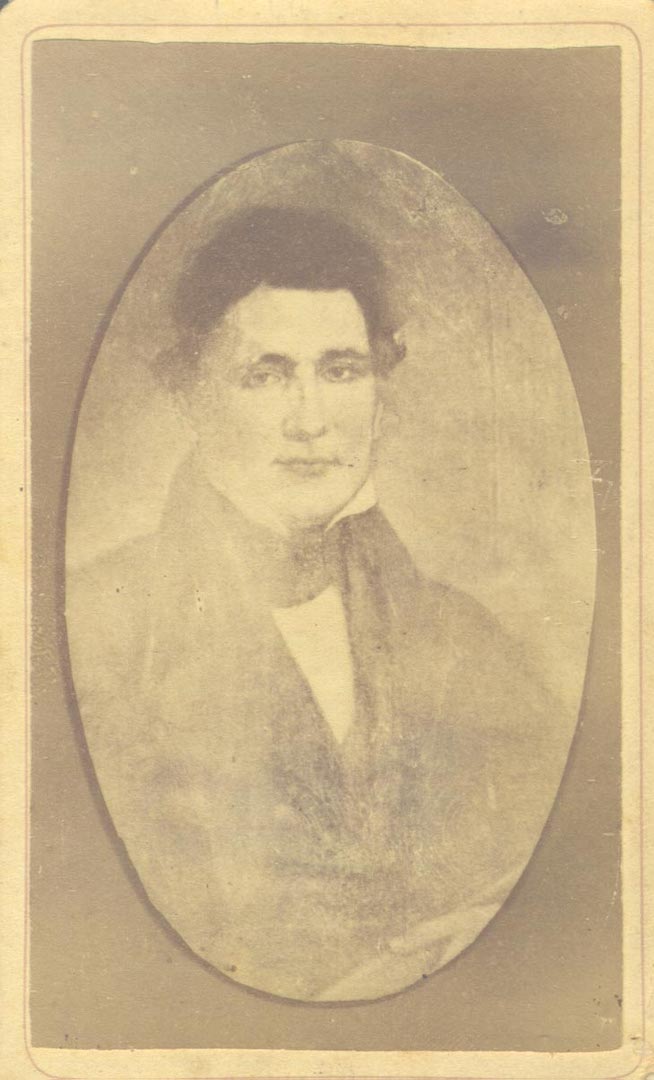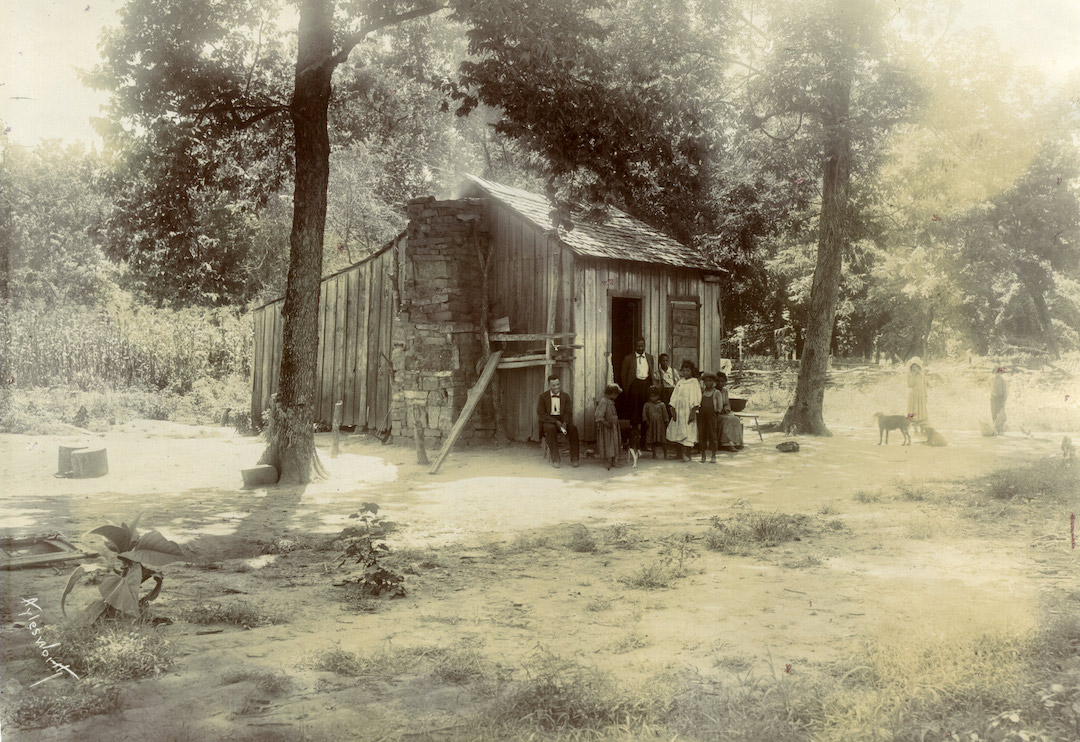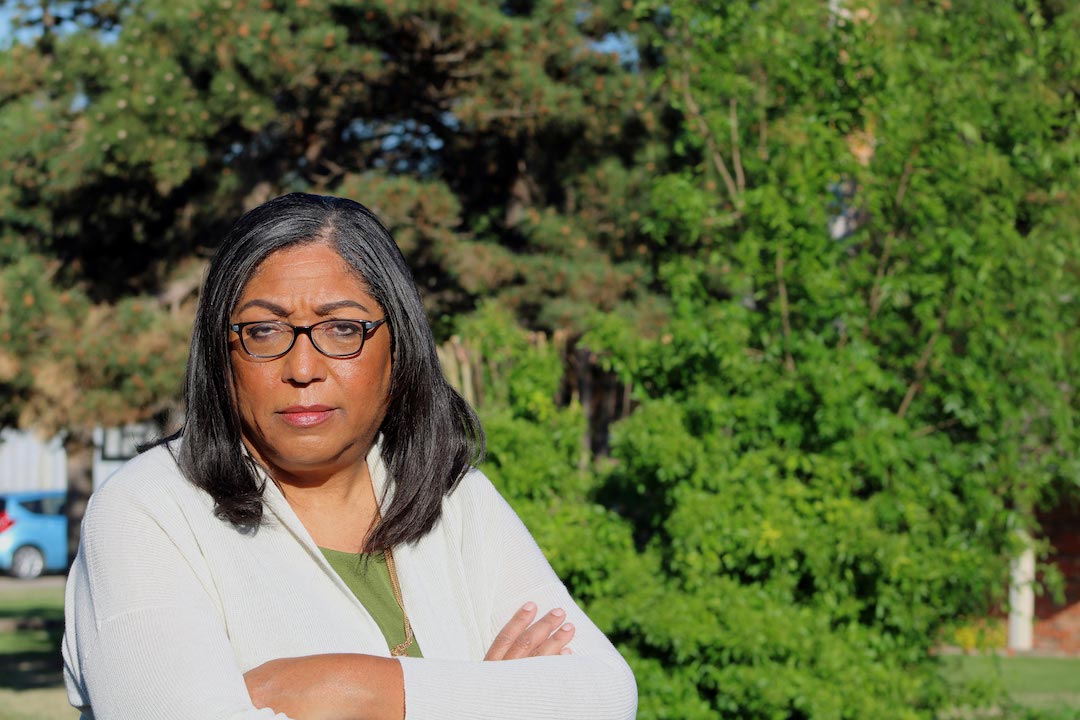CHEROKEE FREEDMEN
The history of Cherokee Freedmen began long before the Treaty of 1866. Since the Cherokee people’s earliest involvement in slavery more than two centuries ago, people enslaved by Cherokees faced the same tragedies as the tribe – including Cherokee Removal – but had no rights. Emancipation in 1866, however, did not end the struggle of Cherokee Nation’s freed slaves. Instead, it would take many generations for these Cherokee Freedmen and their descendants to restore their treaty-protected rights as Cherokee Nation citizens.

SLAVERY IN CHEROKEE NATION
Artwork: Two children near cotton, photographer unknown. Source: Oklahoma Historical Society.
The enslavement of Black people among Cherokees began after it was introduced by Europeans in the 17th century. Forms of captivity already existed among the tribe, but the slavery of African-descended people was especially exploitive and dehumanizing. By the early 1800s, elite, mostly bicultural Cherokees had begun to adopt the ideas and lifestyle of American plantation owners, including the use of Black slaves in agriculture.

Artwork: Joseph Vann, artist unknown. Source: Oklahoma Historical Society.
Some Cherokees, such as Joseph Vann at his Diamond Hill plantation in present-day Georgia, soon began to grow individual wealth from the enslavement of Black people. Vann was not alone. By 1835, slaveholders such as John Ross, Lewis Ross, David Vann, and John Ridge — Cherokee leaders, all — comprised a distinct economic upper class within Cherokee Nation. This shift away from traditional Cherokee culture was agreeable to the U.S. government, but it did not stop Cherokee Removal.
Enslaved people joined their Cherokee owners on the Trail of Tears in 1838 – 39. They likely translated for their owners and performed physical labor in addition to facing hardship and illness. Arriving in Indian Territory, they helped Cherokees rebuild their lives, homes, and farms. This likely widened the class divide, as elite Cherokees with enslaved labor more quickly financially recovered and rebuilt. The post-Removal years were marred by violence between Cherokees who supported signers of the Treaty of New Echota (1835) and those vehemently opposed to Removal. During this time, Cherokee Nation began to outlaw many of the small freedoms previously possible for enslaved people.

WAR & EMANCIPATION
Artwork: A plank residence in the Arkansas River Bottom, photographed by Allison Aylesworth. Source: Oklahoma Historical Society.
The Civil War came to Cherokee Nation in 1861. The divide between the affluent, bicultural families and more conservative or traditional Cherokees widened over chattel slavery. Though the lines were not always clear-cut, wealthier slaveholding Cherokees tended to support the Confederacy. Others sided with the Union because they opposed the wealthier Cherokees, disagreed with slavery in Cherokee Nation or had other reasons.
Many enslaved people found themselves on the move again, with owners retreating from Cherokee Nation to Confederate-supporting Texas and Arkansas. Those who stayed in Indian Territory were at the mercy of fighting between Northern and Southern sympathizers. Other slaves escaped to Kansas. There, some men volunteered for the Union, including in the 1st Kansas Colored Infantry – the first Black regiment to see combat in war. Though the Cherokee National Council voted in February 1863 to free all slaves within Cherokee Nation, the rights of emancipation would not be enforced until the Cherokee Treaty of 1866. This document identifies Cherokee Freedmen as Cherokee Nation citizens afforded all the same rights as Native Cherokees.
However, Freedmen faced barriers to citizenship, including a deadline to return to the Nation. In 1875, the Cherokee people elected Freedman Joseph Brown of Tahlequah District to the Cherokee National Council. He is believed to be the first of at least seven Freedmen elected to the council between 1875 and 1906. Inequality, however, remained in many facets of life.
Cherokee Freedmen who served on the Cherokee National Council:
Joseph Brown, Tahlequah District, 1875–1877
Rev. Jack Brown, Illinois District, 1885–1887
Frank Vann, Illinois District, 1887–1889
Jerry Alberty, Cooweescoowee District, 1889–1891
Joseph "Stick" Ross, Tahlequah District, 1893–1895
Ned Irons, Tahlequah District, 1895–1897
Samuel Stidham, Illinois District, 1895–1897

DEMANDING RECOGNITION
Artwork: Cherokee Nation citizen Marilyn Vann remains an advocate for the rights of Cherokee Freedmen descendants. She was appointed to the Cherokee Nation Environmental Protection Commission in 2021. Source: Marilyn Vann.
Freedmen continued to face indignities in the years before Oklahoma statehood. In 1883, the Cherokee National Council passed a law restricting per capita payments from the sale of tribal lands to citizens who possessed Cherokee blood. Though vetoed by Cherokee Nation Principal Chief Dennis Bushyhead, the National Council overturned it. During the Dawes enrollment, Freedmen were placed on a separate list from other Cherokee Nation citizens.
With the passage of the Curtis Act of 1898, Cherokee Nation's government and institutions were largely dissolved by the end of 1906. Political winds, however, shifted in favor of tribal self-determination in the late 1930s. In 1971, Cherokee Nation citizens, including Freedmen descendants, received citizenship cards and cast their votes for Cherokee Nation Principal Chief. This advancement was short-lived. The tribe canceled Freedmen's citizenship in 1983, and disenfranchised Freedmen descendants took their suits to federal and tribal courts. In 2007, Cherokee voters — excepting Freedmen descendants — voted to amend the constitution limiting citizenship to by-blood Cherokees.
In August 2017, U.S. District Judge Thomas Hogan made his landmark ruling that "Cherokee Freedmen have a present right to citizenship in the Cherokee Nation that is coextensive with the rights of Native Cherokees" under the Treaty of 1866. Cherokee Nation did not appeal the decision and began processing Freedmen descendants' citizen applications. Marilyn Vann, a leader in the Freedmen community, filed to run for an at-large seat on the Tribal Council of the Cherokee Nation in February 2021. That same month, the Cherokee Nation Supreme Court ruled the words "by blood" be stricken from the Cherokee Nation Constitution and its laws. Today, more than 15,000 descendants of Cherokee Freedmen are registered Cherokee Nation citizens.
